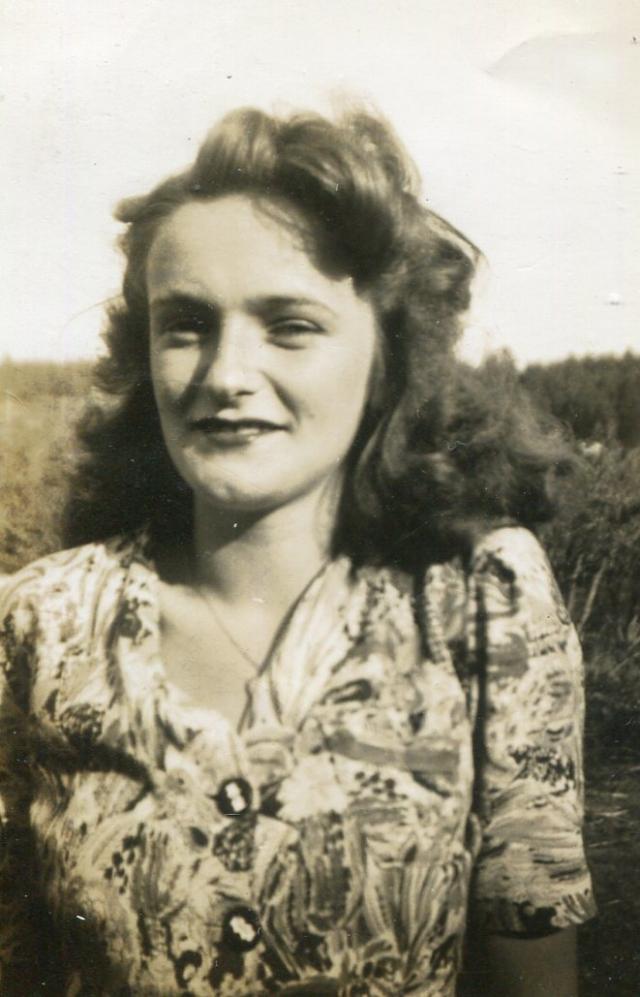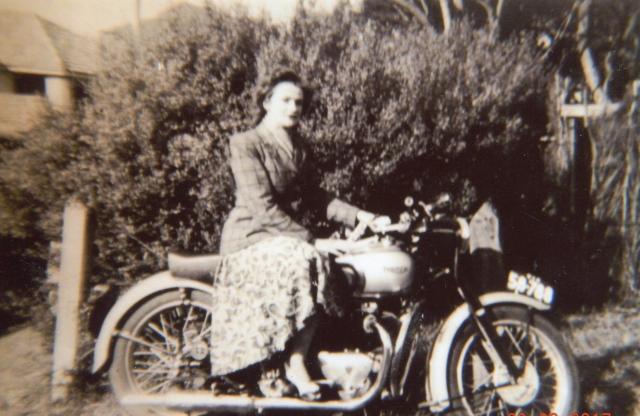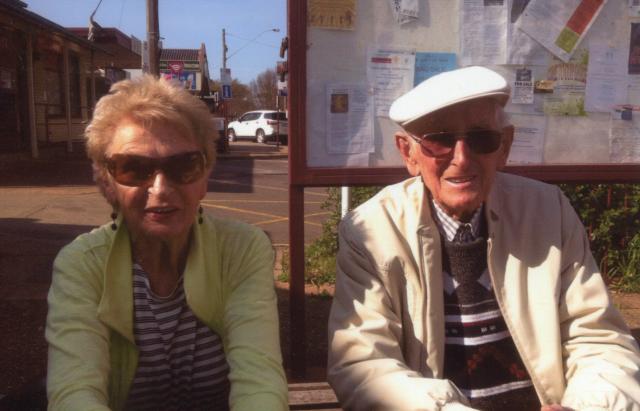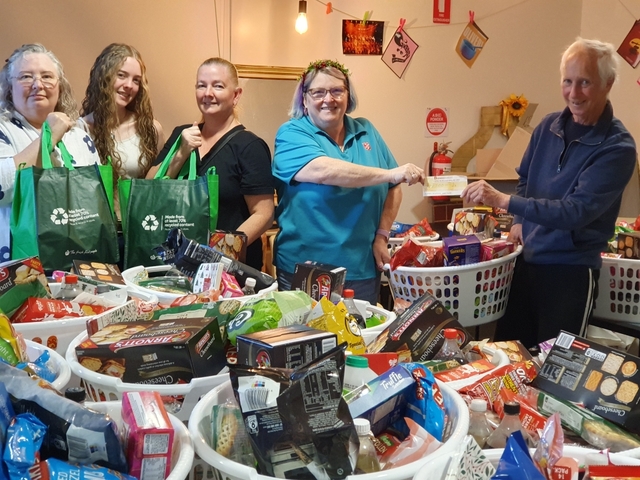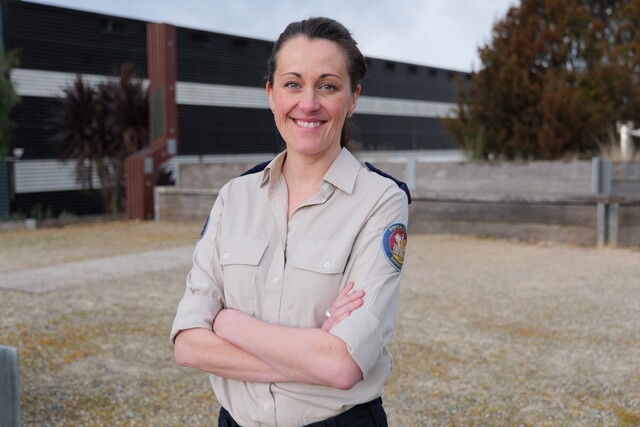When Lorna Dugmore passed away, she took a wealth of knowledge about Emerald with her.
Born in 1931, Mrs Dugmore was one of 360 people living in Emerald during the census the same year. Her father ran the first garage and taxi service in Emerald and she spent most of her life living in the township.
Her son Rodney Dugmore, who still lives in Emerald, said his mother lived in the township throughout the Second World War.
“She’d been pretty vocal in the fact that a lot of history has been lost through development,” he said.
“She went to Emerald State School as I did, and sadly that was demolished with what mum saw as very little consultation with the public.”
For Lorna, life in Emerald was different from the way it is today. She would ride around in the side of her father’s motorbike without a helmet and even crashed into the bush, where she “Held her hand over her eye as it was bleeding heavily and not wanting to let go as she thought her eye would fall out” and dive off the top of the old tower at Emerald lake, until she nearly drowned and promised to never do it again.
Mr Dugmore said his mother saw the township change over the years in several different ways.
“The Puffing Billy was an integral part of transport and bringing freight and goods to Emerald,” he said.
“She would often get me to drive up there and look back at Emerald and say we used to think we could put a flying fox from dad’s garage across our property and the valley,
“They used to have to navigate that at night with lanterns and on horseback; she found so many things had changed. She agreed development was good, but what price in terms of the community?”
Lorna Dugmore worked pumping gas and as a recognised mobile hairdresser, and told her son about cooking rabbits and leaving a bowl on the table for the lead bullet used to hunt their dinner.
Mr Dugmore said Emerald’s history was being lost to time and he hopes for a greater focus on retaining information, buildings and items of historical significance.
“At the museum, there are photos of women in rowboats with their partners, rowing them around the lake at the Country Club,” he said.
“Like my mother, once it’s gone, it’s gone. They tried to capture a little bit of that period and what people were doing in the 20s and 30s, trying to grow and develop Emerald,
“At no time would they have even though they were going to lose the state school and the old fire station.”
Lorna was a garage sale enthusiast, a water-color artist and often taught other locals how to spin wool from her sheep.
He said his mother would be remembered as a community-minded person, who helped the Emerald Museum with historical information, the local op shop and the women’s auxiliary church.
“That came from my grandmother as well, who was a life member down at the William Angliss hospital,” Mr Dugmore said.
“It’s fortunate and very pleasing for me that it was where she passed away, in the hospital that my grandmother spent so much time at and my mom was very much a supportive part of.”
Lorna Dugmore’s funeral took place on Friday 25 March.

